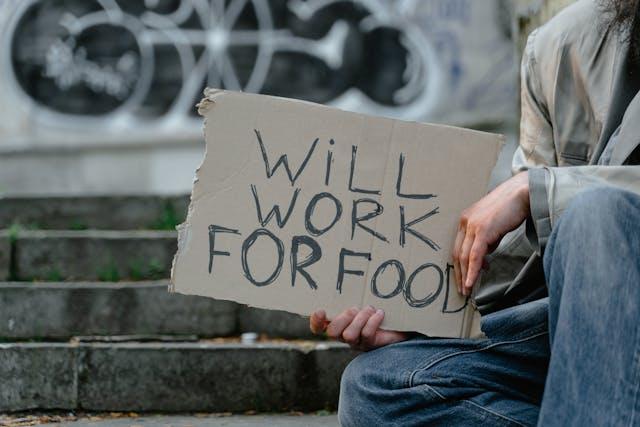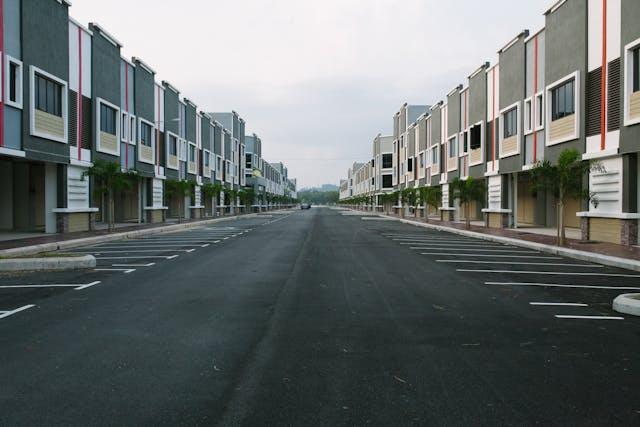ON November 6, California voters didn’t just cast their ballots for candidates. They headed to the polls to vote on 11 ballot measures, which covered issues from farm animal confinement to daylight saving time.
As final results for certain races continue to emerge, here is how the measures did on Tuesday:
Proposition 1: Bond for veterans, affordable housing — YES
Over 50 percent of voters approved this measure, which will authorize $4 billion in general obligation bonds for existing affordable housing programs for low-income residents, veterans, farmworkers, manufactured and mobile homes, infill, and transit-oriented housing. The fiscal impact means increased state costs to repay bonds averaging about $170 million annually over the next 35 years.
Proposition 2: Bond for housing for those with mental illness — YES
Sixty one percent of voters said yes to this proposition that seeks to amend the Mental Health Services Act to fund No Place Like Home Program, which finances housing for individuals with mental illness, as well as ratifies existing law establishing the No Place Like Home Program. It allows the state to use up to $140 million per year of county mental health funds to repay up to $2 billion in bonds. These bonds would fund housing for those with mental illness who are homeless.
Proposition 3: Bonds for infrastructure projects — NO
This would give $8.877 billion in state general obligation bonds for various infrastructure projects. Fiscal Impact: Increased state costs to repay bonds averaging $430 million per year over 40 years. Local government savings for water-related projects, likely averaging a couple hundred million dollars annually over the next few decades.
Proposition 4: Grants for children’s hospitals — YES
This would allow $1.5 billion in bonds, to be repaid from state’s General Fund, to fund grants for construction, expansion, renovation, and equipping of qualifying children’s hospitals. The fiscal impact is increased state costs to repay bonds averaging about $80 million annually over the next 35 years.
Proposition 5: Expand tax benefit for certain homeowners — NO
Voters rejected this measure which would have removed certain transfer requirements for homeowners over 55, severely disabled homeowners, and contaminated or disaster-destroyed property. If it passed, schools and local governments would have lost over $100 million in annual property taxes early on, growing to about $1 billion per year. Similar increase in state costs to backfill school property tax losses.
Proposition 6: Repeal gas tax — NO
Fifty-five percent of voters voted “no” on this proposition which attempted to repeal a 2017 transportation law’s taxes and fees designated for road repairs and public transportation. Backed by the California Republican Party and other interest groups, Proposition 6 argued that the 2017 law — which imposed a 12-cent-per-gallon tax on gas and 20-cents-per-gallon diesel fuel — led to high fuel prices and vehicle fees for drivers. Those who opposed the measure rebutted, saying that the tax would impede infrastructure projects statewide, one of which includes the train station connecting passengers to LAX Airport.
Proposition 7: Changing daylight saving time — YES
With 60 percent of votes in favor, this proposition allows the Legislature to change daylight saving time period by two-thirds vote, if changes are consistent with federal law. This measure has no direct fiscal effect because changes to daylight saving time would depend on future actions by the Legislature and potentially the federal government.
Proposition 8: Regulating kidney dialysis clinics — NO
Considered the most expensive ballot race in California’s history, 62 percent of voters rejected Proposition 8, which sought to regulate the amounts outpatient kidney dialysis clinics charge for dialysis treatment. The proposition was sponsored by United Healthcare Workers West, while $110 million was spent by the dialysis industry and backed by over 160 medical groups to defeat the measure. It would have also required rebates and penalties if charges exceed limit and annual reporting to the state, and clinics would have been prohibited from refusing to treat patients based on payment source.
Proposition 10: Repealing rent control restrictions — NO
With 97 percent of precincts reporting, 62 percent of voters rejected this measure which looked to repeal state law that currently restricts the scope of rent control policies that cities and other local jurisdictions may impose on residential property. Californians for Responsible Housing, a group against the measure, said, “The stunning margin of victory shows California voters clearly understood the negative impacts Prop. 10 would have on the availability of affordable and middle-class housing in our state.”
Proposition 11: Private ambulance employees on call during breaks — YES
Fifty nine percent of voters said “yes,” which means private ambulance companies could continue their current practice of having emergency medical technicians (EMTs) and paramedics stay on-duty during their meal and rest breaks in order to respond to 911 calls. Private ambulance companies would attempt to reschedule meal and rest breaks that are interrupted by a 911 call.
Proposition 12: Standards for farm animal confinement — YES
Over 60 percent of voters approved this measure, which will establish minimum requirements for confining certain farm animals, and prohibit sales of meat and egg products from animals confined in noncomplying manner.






